Revelry, Revelling and its Origins
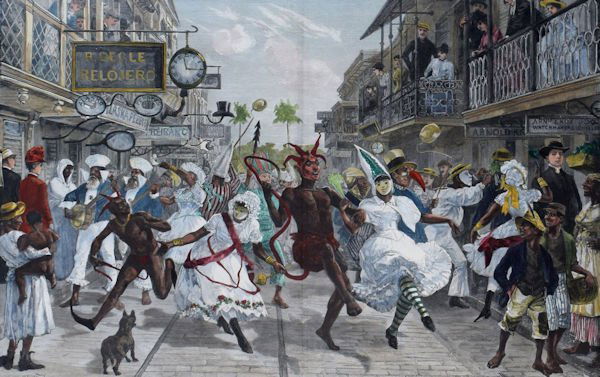
What is Revelry?
Revelry is described as a wild noisy dancing, eating, drinking etc, usually to celebrate something.
What is Revelling?
Revelling means to get great pleasure from (a situation or experience).
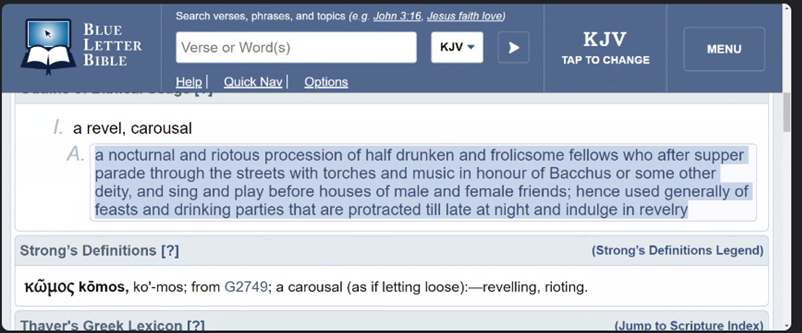
Originally Dionysus was the Greek god of fertility. Later, he came to be known chiefly as the god of wine and pleasure. The Romans called him Bacchus.
In ancient Greek religion and myth, Dionysus (/daɪ.əˈnaɪsəs/; Ancient Greek: Διόνυσος Dionysos) is the god of wine-making, orchards and fruit, vegetation, fertility, festivity, insanity, ritual madness, religious ecstasy, and theatre.[2][3] He was also known as Bacchus (/ˈbækəs/ or /ˈbɑːkəs/; Ancient Greek: Βάκχος Bacchos) by the Greeks (a name later adopted by the Romans) for a frenzy he is said to induce called baccheia.[4] As Dionysus Eleutherius ("the liberator"), his wine, music, and ecstatic dance free his followers from self-conscious fear and care, and subvert the oppressive restraints of the powerful.[5] His thyrsus, a fennel-stem sceptre, sometimes wound with ivy and dripping with honey, is both a beneficent wand and a weapon used to destroy those who oppose his cult and the freedoms he represents.[6] Those who partake of his mysteries are believed to become possessed and empowered by the god himself.[7]
His origins are uncertain, and his cults took many forms; some are described by ancient sources as Thracian, others as Greek.[8][9][10] In Orphism, he was variously a son of Zeus and Persephone; a chthonic or underworld aspect of Zeus; or the twice-born son of Zeus and the mortal Semele. The Eleusinian Mysteries identify him with Iacchus, the son or husband of Demeter. Most accounts say he was born in Thrace, traveled abroad, and arrived in Greece as a foreigner. His attribute of "foreignness" as an arriving outsider-god may be inherent and essential to his cults, as he is a god of epiphany, sometimes called "the god that comes".[11]
Wine was a religious focus in the cult of Dionysus and was his earthly incarnation.[12] Wine could ease suffering, bring joy, and inspire divine madness.[13] Festivals of Dionysus included the performance of sacred dramas enacting his myths, the initial driving force behind the development of theatre in Western culture.[14] The cult of Dionysus is also a "cult of the souls"; his maenads feed the dead through blood-offerings, and he acts as a divine communicant between the living and the dead.[15] He is sometimes categorised as a dying-and-rising god.[16]
Romans identified Bacchus with their own Liber Pater, the "Free Father" of the Liberalia festival, patron of viniculture, wine and male fertility, and guardian of the traditions, rituals and freedoms attached to coming of age and citizenship, but the Roman state treated independent, popular festivals of Bacchus (Bacchanalia) as subversive, partly because their free mixing of classes and genders transgressed traditional social and moral constraints. Celebration of the Bacchanalia was made a capital offence, except in the toned-down forms and greatly diminished congregations approved and supervised by the State. Festivals of Bacchus were merged with those of Liber and Dionysus.
More information on Dionysus/Bacchus can be found here at the link below.
https://en.wikipedia.org/wiki/Dionysus
Bacchanalia vs Revelry
Looking at celebrating and indulging in joyous festivities, two words often come to mind: bacchanalia and revelry. But which of these two words is the proper choice to describe such merriment? The answer may surprise you. In fact, both bacchanalia and revelry can be used interchangeably to convey the essence of exuberant celebrations. However, it is important to note that while bacchanalia specifically refers to wild and drunken revelry associated with the ancient Roman festival of Bacchus, revelry encompasses a broader spectrum of lively and festive behavior. Bacchanalia, derived from the Roman god of wine, Bacchus, represents the epitome of excessive revelry and debauchery. On the other hand, revelry is a more encompassing term that encompasses various forms of joyous celebration, devoid of the explicit connotations of excess and debauchery. In this article, we will explore the nuances of these two words, their historical origins, and their contemporary usage in order to shed light on the distinction between bacchanalia and revelry.
debauchery is defined as excessive indulgence in sex, alcohol, or drugs.
In order to fully grasp the nuances of the terms “bacchanalia” and “revelry,” it is imperative to first establish their precise definitions. These words, although often used interchangeably, possess distinct connotations that set them apart in the realm of merriment and celebration.
https://www.history.com/news/first-mardi-gras-mobile-alabama-new-orleans
What is Mardi Gras?
Mardi Gras (UK: /ˌmɑːrdi ˈɡrɑː/, US: /ˈmɑːrdi ˌɡrɑː/;[1][2] also known as Shrove Tuesday) is the final day of Carnival or Shrovetide before Ash Wednesday.[3] Mardi Gras is French for "Fat Tuesday", reflecting the practice of the last night of consuming rich, fatty foods in preparation for the fasting season of Lent.
Related popular practices are associated with Carnival celebrations before the fasting and religious obligations associated with the penitential season of Lent. In countries such as the United Kingdom, Mardi Gras is more usually known as Pancake Day or (traditionally) Shrove Tuesday, derived from the word shrive, meaning "to administer the sacrament of confession to; to absolve".[4]
What is Carnival?
Carnival or Shrovetide is a Christian festive season that occurs before Lent,[2] consisting of Quinquagesima or Shrove Sunday, Shrove Monday, and Shrove Tuesday or Mardi Gras.[3]
Carnival typically involves public celebrations, including events such as parades, public street parties and other entertainments, combining some elements of a circus. Elaborate costumes and masks allow people to set aside their everyday individuality and experience a heightened sense of social unity.[4] Participants often indulge in excessive consumption of alcohol,[5] meat, and other foods that will be forgone during upcoming Lent. Traditionally, butter, milk, and other animal products were not consumed "excessively", rather, their stock was fully consumed during Shrovetide as to reduce waste. This festival is known for being a time of great indulgence before Lent (which is a time stressing the opposite), with drinking, overeating, and various other activities of indulgence being performed. For example, pancakes, donuts, and other desserts are prepared and eaten for a final time. During Lent, lacticinia and animal products are eaten less, and individuals make a Lenten sacrifice, thus giving up a certain object or activity of desire.
Origins of Carnival
The characteristics of the celebration of Carnival take their origins from ancient European festivals, such as the Greek Dionysian (the Anthesteria) or the Roman Saturnalia. During these festivities, there was a temporary release from social obligations and hierarchies to make way for the overthrow of order, joking and even debauchery. From a historical and religious point of view, the Carnival therefore represented a period of celebration, but above all of symbolic renewal, during which chaos replaced the established order, which, however, once the festive period was over, re-emerged new or renewed and guaranteed for a cycle valid until the beginning of the following Carnival.[20]
From an anthropological point of view, Carnival is a reversal ritual, in which social roles are reversed and norms about desired behavior are suspended.[21][22] During antiquity, winter was thought of as the reign of the winter spirits; these needed to be driven out in order for summer to return. Carnival can thus be regarded as a rite of passage from darkness to light, from winter to summer: a fertility celebration, the first spring festival of the new year.[23]
Several Germanic tribes celebrated the returning of the daylight. Winter would be driven out, to make sure that fertility could return in spring.[21] A central figure of this ritual was possibly the fertility goddess Nerthus. Also, there are some indications that the effigy of Nerthus[24] or Freyr was placed on a ship with wheels and accompanied by a procession of people in animal disguise and men in women's clothes.[25][26][27] Aboard the ship a marriage would be consummated as a fertility ritual.[28][29]
For more information on Carnival you can peruse the below link
https://en.wikipedia.org/wiki/Carnival
https://en.wikipedia.org/wiki/List_of_Trinidad_and_Tobago_Carnival_character_costumes
The characters mentioned here are lewd spirits and most of fornication/promiscuity and adultery.
Carnival Customes today

Ancient god
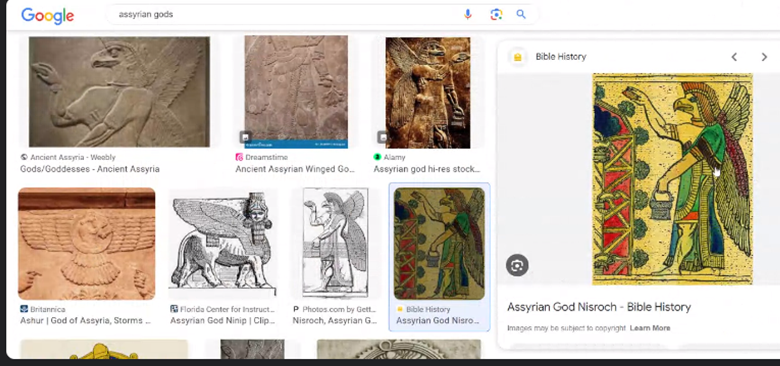
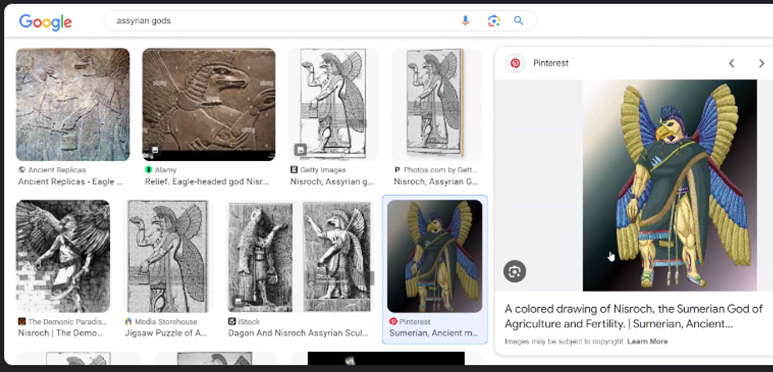
2Maccabees 6:7 And in the day of the king's birth every month they were brought by bitter constraint to eat of the sacrifices; and when the feast of Bacchus was kept, the Jews were compelled to go in procession to Bacchus, carrying ivy.
gods having wings like that of the customes worn for Carnival
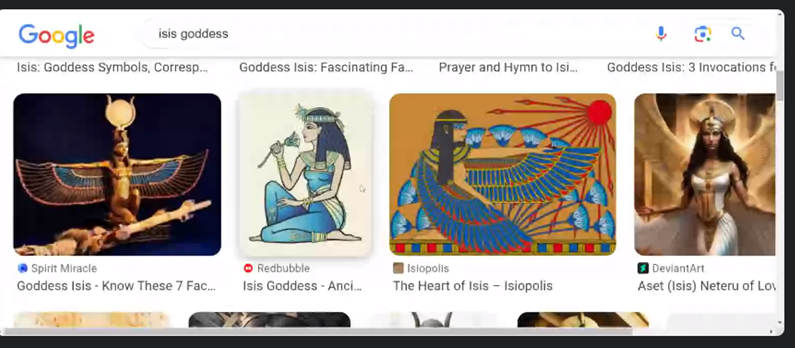
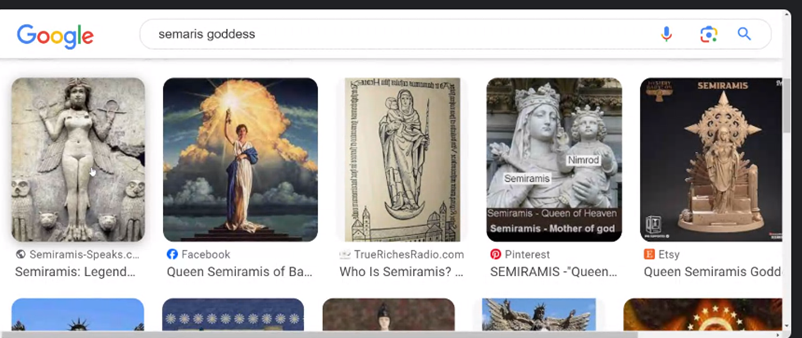
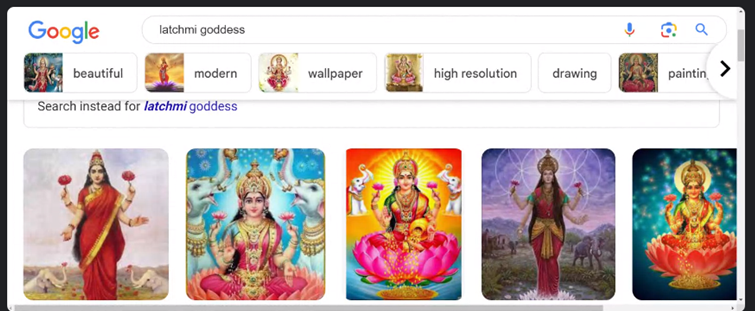
Scriptures showing that revelling is something that we should not participate in.
Galatians 5:19 Now the works of the flesh are manifest, which are these; Adultery, fornication, uncleanness, lasciviousness,
20 Idolatry, witchcraft, hatred, variance, emulations, wrath, strife, seditions, heresies,
21 Envyings, murders, drunkenness, revellings, and such like: of the which I tell you before, as I have also told you in time past, that they which do such things shall not inherit the kingdom of God.
Romans 13:13 Let us walk honestly, as in the day; not in rioting and drunkenness, not in chambering and wantonness, not in strife and envying.
14 But put ye on the Lord Jesus Christ, and make not provision for the flesh, to fulfil the lusts thereof.
2Maccabees 6:1
Not long after this the king sent an old man of Athens to compel the Jews to depart from the laws of their fathers, and not to live after the laws of God:
2And to pollute also the temple in Jerusalem, and to call it the temple of Jupiter Olympius; and that in Garizim, of Jupiter the Defender of strangers, as they did desire that dwelt in the place.
3The coming in of this mischief was sore and grievous to the people:
4For the temple was filled with riot and revelling by the Gentiles, who dallied with harlots, and had to do with women within the circuit of the holy places, and besides that brought in things that were not lawful.
5The altar also was filled with profane things, which the law forbiddeth.
6Neither was it lawful for a man to keep sabbath days or ancient fasts, or to profess himself at all to be a Jew.
7And in the day of the king's birth every month they were brought by bitter constraint to eat of the sacrifices; and when the fast of Bacchus was kept, the Jews were compelled to go in procession to Bacchus, carrying ivy.
Colossians 3:5 Mortify therefore your members which are upon the earth; fornication, uncleanness, inordinate affection, evil concupiscence, and covetousness, which is idolatry:
Romans 6:4 Therefore we are buried with him by baptism into death: that like as Christ was raised up from the dead by the glory of the Father, even so we also should walk in newness of life.
Titus 2:12 Teaching us that, denying ungodliness and worldly lusts, we should live soberly, righteously, and godly, in this present world;
Romans 12:1 I beseech you therefore, brethren, by the mercies of God, that ye present your bodies a living sacrifice, holy, acceptable unto God, which is your reasonable service.
2 And be not conformed to this world: but be ye transformed by the renewing of your mind, that ye may prove what is that good, and acceptable, and perfect, will of God.


